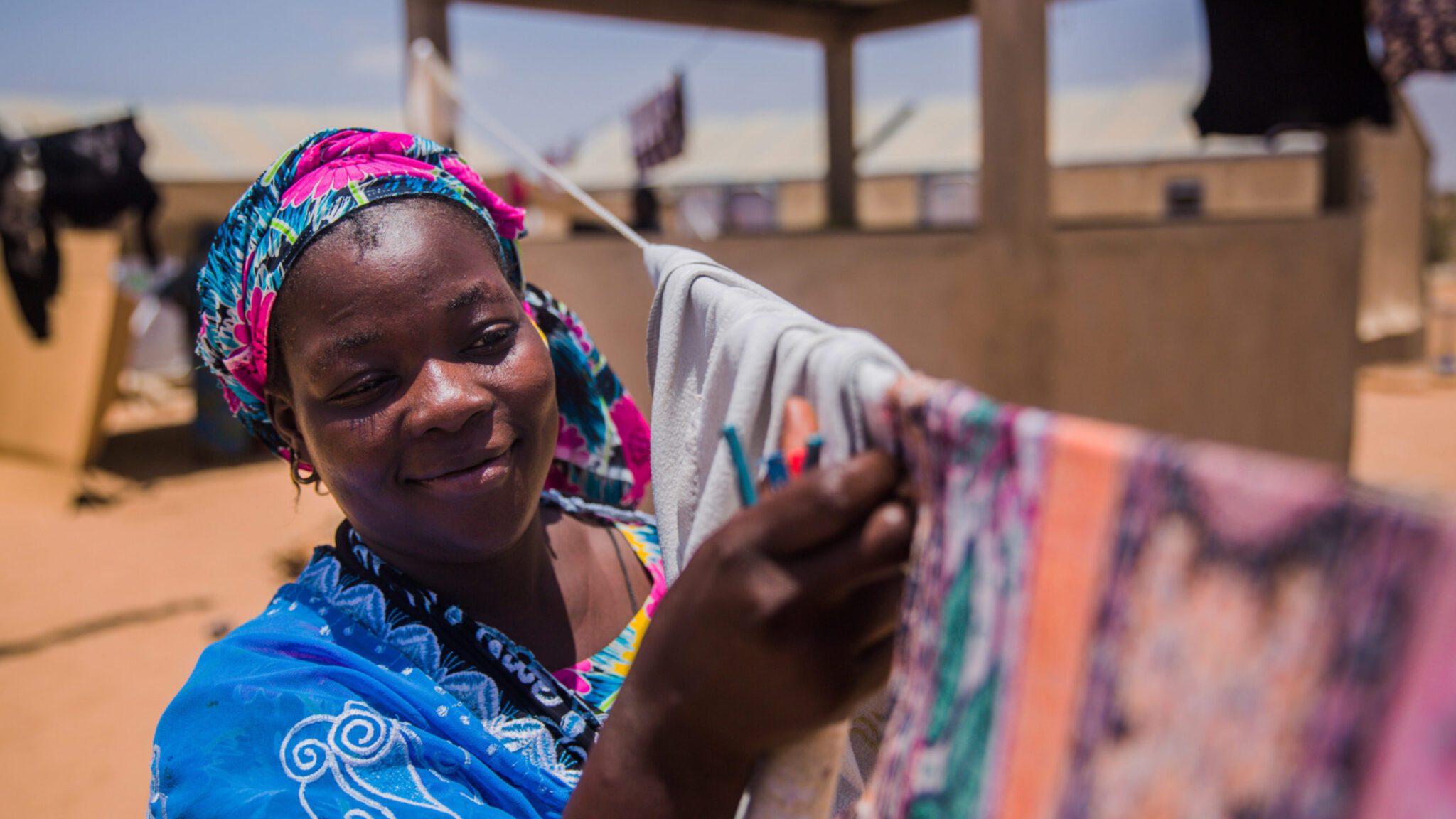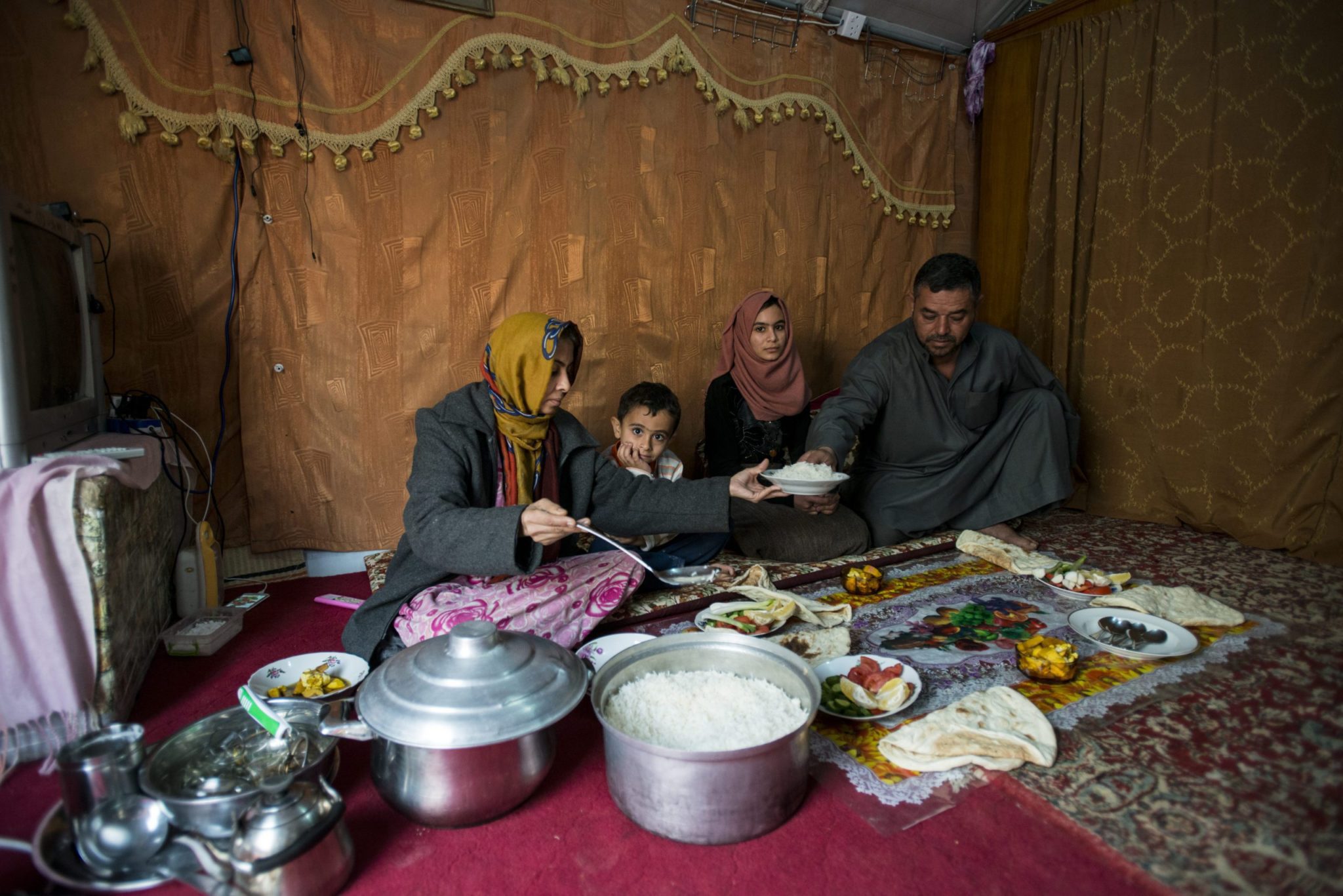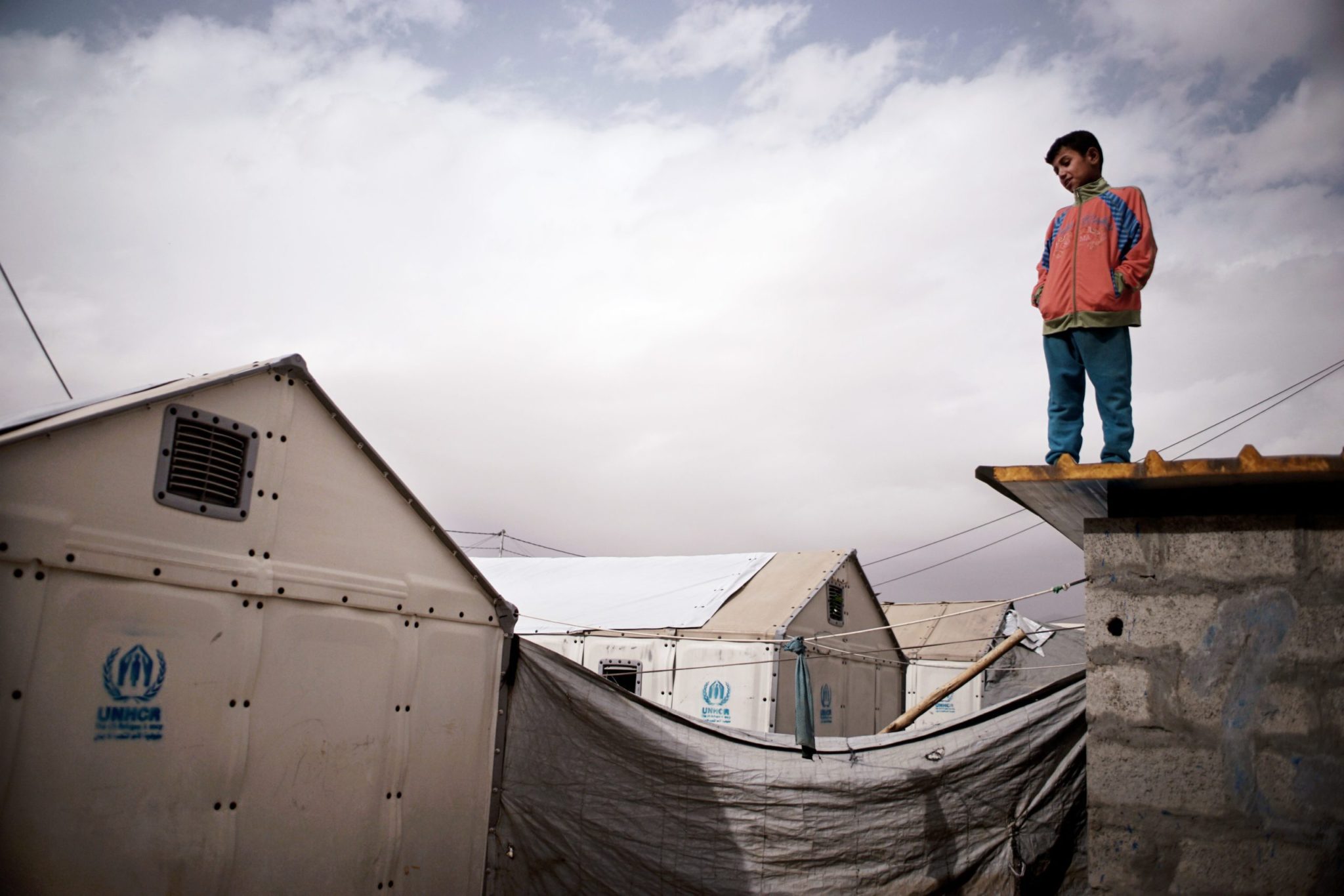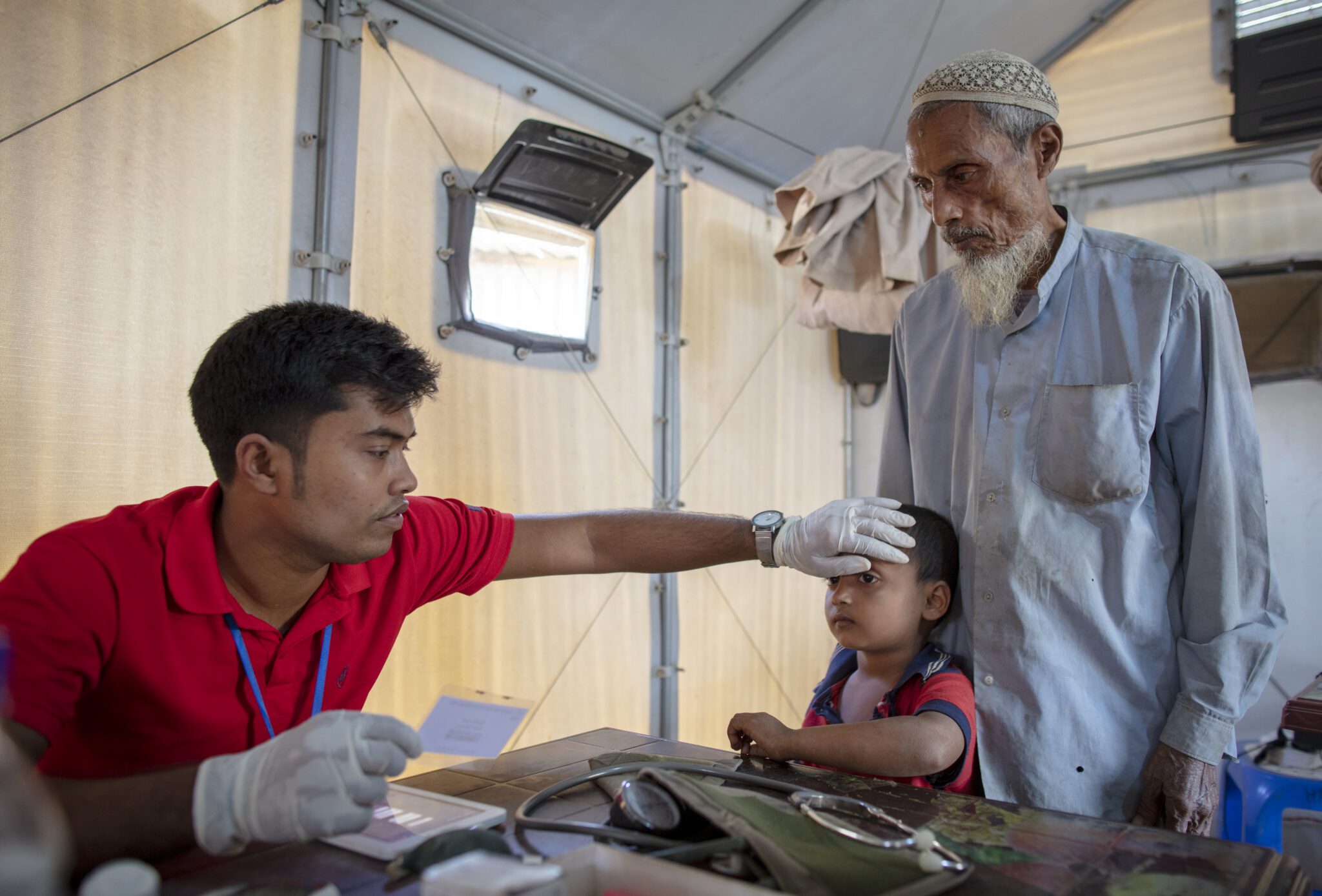As part of the Saint-Louis Emergency Recovery and Resilience Project (SERRP) financed by the World Bank, the UN Office for Project Services (UNOPS) in cooperation with the national agency in Saint-Louis (L’Agence de Développement municipal, ADM), supports the Government of Senegal to relocate fishing families who lost their seaside homes due to coastal erosion.
Approximately two-thirds of Senegal’s population live along the country’s 700 km shallow coastline. Due to its exposed location, the country is vulnerable to coastal hazards and erosion. Human interference is also changing the natural coastal dynamics. These include sand mining, ineffective urban planning, and climate change-related changes with rising sea levels and changing storm patterns.
This is already affecting the people of Senegal, where seaside tourism, fishing, and other socioeconomic activities represent 80% of the country’s economy.
The speed of coastal erosion is increasing. 80,000 people live along the Langue de Barbarie peninsula in the historic city of Saint-Louis, where five to six meters of beach recede every year. In recent years hundreds of families have been forced to leave their destroyed homes. Many relocated to a temporary relief camp, Khar Yalla, as the sea levels kept rising and their homes were beyond repair.
Living conditions in Khar Yalla were dire, where families had to live in makeshift tents without access to water and sanitary infrastructure. As part of the SERRP with funding from the World Bank, UNOPS and ADM prepared a site in Diougop, ten kilometres from the sea, where 226 Better Shelter units were installed in 2019.
So far, 42 families have moved to the site, where the children can go to school, temporarily constructed using the Better Shelter units. The families are living further from the coast today. However, they can reach the sea from Diougopby public transportation and can thereby continue to make a living in the fishing industry. The families in Diougop will eventually relocate to permanent housing.
“The site is very pleasant. Unlike Khar Yalla, it is airy and very clean. I can let the children play outside. At KharYalla I was even ashamed to receive people in my tent, especially with all the luggage piled up; whereas here I was able to arrange my room well. The work of UNOPS has really exceeded my expectations. I am pleasantly surprised by the mobile units. When we installed the units, I already knew that they were good; but I didn’t think they would be so spacious and comfortable,” says Ms. Collé Fall.




